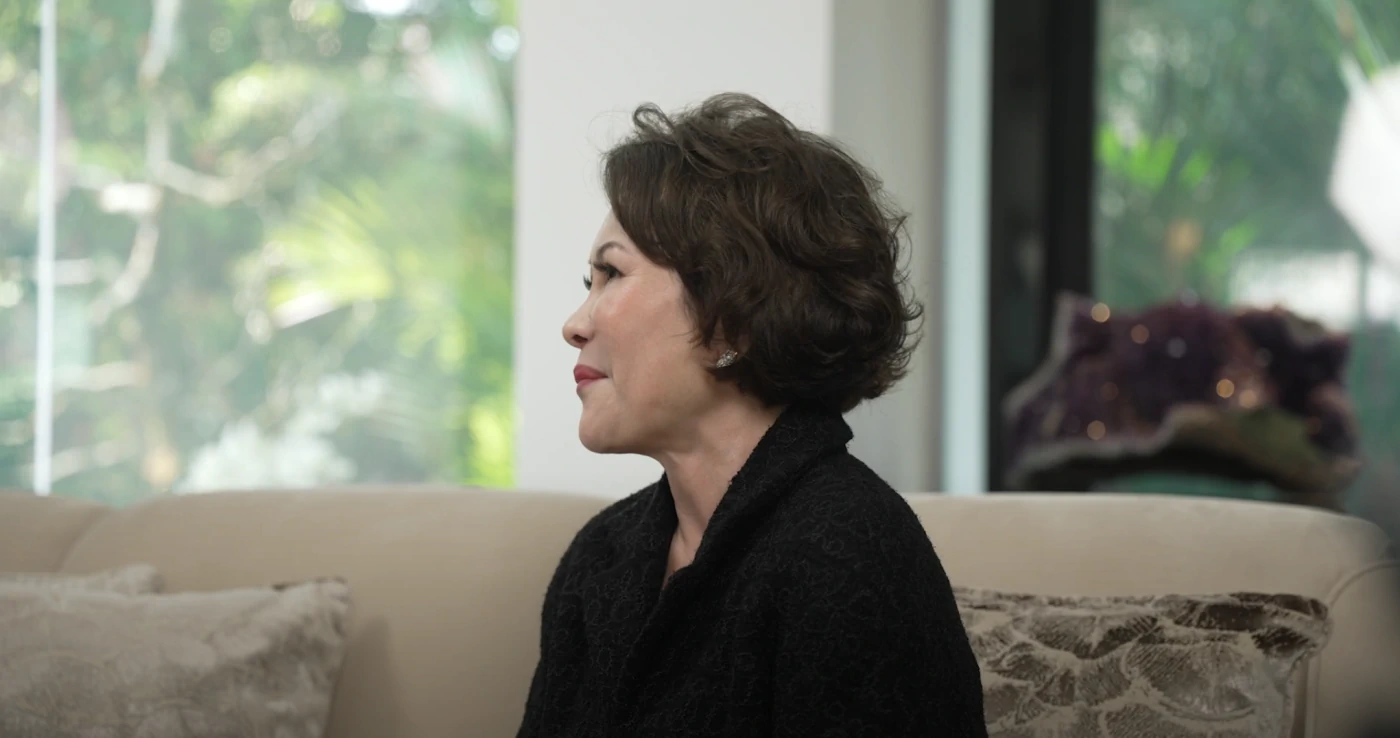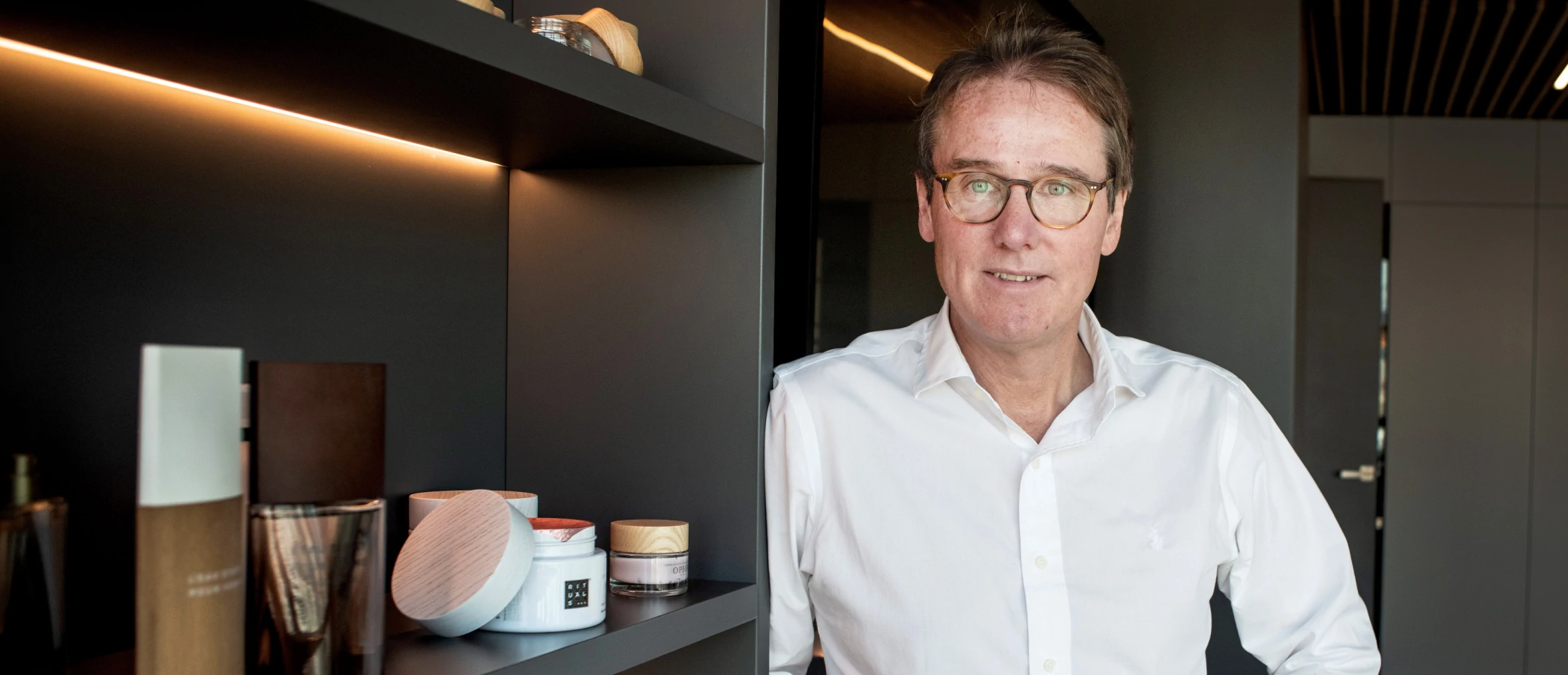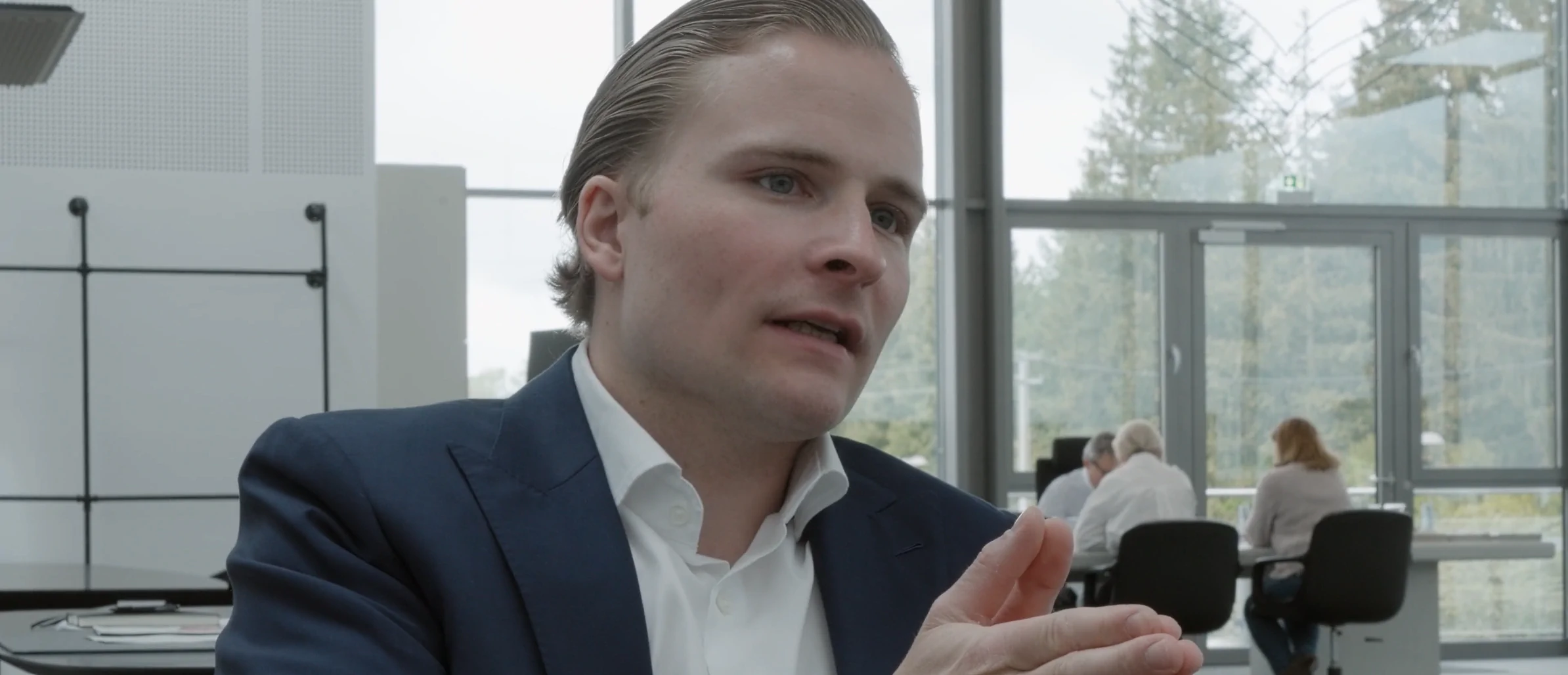
Turning Points – Wendy Yap, Nippon Indosari Corpindo Tbk
Wendy Yap explains how tapping into shifting lifestyles and consumer preferences in her youthful nation enabled her to become Indonesia’s ‘Queen of Bread’.
It was while living far from home in the US during the 1980s that Wendy Yap began to observe the social changes in Indonesia that would become a catalyst for her business success. “I came back to Indonesia maybe three or four times a year and I could see the progress of the nation. I could see the growth of the country, it was moving very fast,” she says.
Her father Piet, co-founder of a major flour mill, had mentored her from a young age and sent her to the US before she turned 21 to manage his real estate investments. A decade would pass before she returned home in 1990. By then, she had clear ideas about how to meet the needs of Indonesia’s fast-growing younger generations.
‘Grab and go’: how Indonesia’s lifestyle changes sparked Wendy Yap’s imagination
Rather than living like their parents, young people wanted more Western-style conveniences. “More time for recreation, more time for the gym, more time for family and the less eating time during the day, the better,” Yap says.
First, she took on the regional franchise rights for US fast-food chain Wendy’s. But after four years, Yap got “a very good offer” and – “much to my father’s distress” – she decided to sell. “He said, ‘You’re going to give up your name.’ And I said, ‘It wasn’t mine in the first place! It was a franchise.’ But I learned a lot from that franchise.”
Much like the US citizens she had lived among, she recognised that Indonesia’s young generation also valued “one-stop shopping”. Not only that but they were in too much of a hurry to enjoy traditional Indonesian breakfast dishes. “They get up in the morning, they have a one to two hour commute,” Yap says. “The younger people are not going to sit down and have noodles for breakfast or nasi goreng. They just want something to grab and go.”
Opportunity in crisis: the power of word-of-mouth
Inspired by the sweet, soft qualities and hygiene standards of Japanese packaged bread, Yap began her quest to introduce mass market bread with a long shelf life to Indonesia. In 1995, she set up Nippon Indosari Corpindo, better known by the brand name Sari Roti.
She partnered with one of Japan’s leading baking companies and Indonesian-made Sari Roti bread started to roll off the production line in 1997. That same year, the Asian financial crisis struck. Indonesia would become one of the worst-affected countries2. So, would this spell disaster for the fledgling business? Not at all.
“Our breads were all sold out in the mini-marts,” says Yap. Amid the uncertainty, people appreciated food they could store at home. “Word of mouth becomes very, very powerful during such times because one friend would tell another person, ‘Oh you’ve got to buy this brand because then you don’t have to keep going to the market.’”
A bold vision and family changes inspire further brand growth
Yap worked hard to establish good practices and strong senior management at the company from the start. “I was very proud of the fact that in Indonesia in those early days, we had very good corporate governance,” she says.
But even after building on their early success, she surprised her business partner with her next bold idea – to take the company public. “One turning point in my career was when I listed Sari Roti. My business partner said, ‘You want to list a bread company? No one lists bread alone, you’ve got to be a food company.’ And I said, ‘Well, I want to list this bread company because our profits have been good year after year, and it keeps climbing, and everybody knows the brand.’ He said, ‘Go for it!’” After being listed in 2010, the company’s value soon soared3 and Sari Roti’s status as a leading household brand was cemented.
A mother-of-three, Yap says her eldest child leaving home for college turned out to be another significant change. “I cried for three days,” she admits. But she then responded by intensifying her focus on growing the business of which she is President and Chief Executive Officer. “I took the company to a different level and I’m still doing that.”
Her trust in Deutsche Bank as a long-standing partner with a “focus on client centricity” has played an important role in her success story, she says. “I value the banker walking with me through my journey in growing my company, whether it's a family business or a listed company. And that banker has to be smart enough to understand the business as well.”
‘Challenge people but show trust’: lessons from Wendy Yap’s father that still guide her today
Reflecting on her career path, Yap says she benefited from her late father throwing her into a “sink or swim” environment so young. “He was really my mentor. He would give me tasks that would challenge me,” she recalls. “But he also trusted my capabilities.” Without such trust, you risk setting people up to fail, she believes.
Today, she believes that businesswomen will not face the “condescending” attitudes she often faced in the US in her 20s. “Things have moved very fast since then,” she says, adding that most of her senior managers are women.
Budding entrepreneurs today must not think AI can replace hard work, Yap cautions. “There is no substitute for that, whether you are living in the 1800s or in the 21st century,” she insists. “Follow your vision with a passion.”
But you must also recognise when to “tweak” something or seek a fresh perspective, Yap says. Even if your idea could become ‘the best thing since sliced bread’, you’ll still face some turning points along the way.
Timeline: Wendy Yap and Sari Roti’s turning points

Wendy Yap returns to Indonesia after a decade in the U.S. and takes on the regional franchise for the US fast-food chain Wendy’s

After surprising her father by selling the franchise rights, she sets up Nippon Indosari Corpindo to produce the first Japanese-style mass market bread in Indonesia.

Production of Sari Roti packaged bread begins at the company’s first factory in West Java1.

The Asian financial crisis unfolds and Indonesia’s GDP falls by almost 15 percent, but the business grows as people turn to food they can store.

Yap decides to go public, making her company Indonesia’s first bread-producing business listed on the Jakarta Stock Exchange.

The business wins recognition from Forbes Asia, featuring in its 'Best Under A Billion' list.

Yap‘s father and mentor Piet Yap passes away aged 89.

Sari Roti reports sales of IDR 3.9 trillion, exceeding the pre-pandemic level, and a net profit of 432.25 billion, up from 168.1 billion in 2020

Making 5.5 million pieces of bread a day in 15 factories across Indonesia, the company enjoys a 90 percent share of Indonesia’s packaged bread market.

What makes a 'Turning Point'?
In our exclusive video interview series, successful entrepeneurs from around the world share their personal story and advice about how to spot and handle the moments that really matter.



